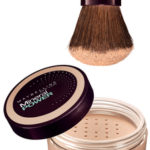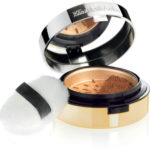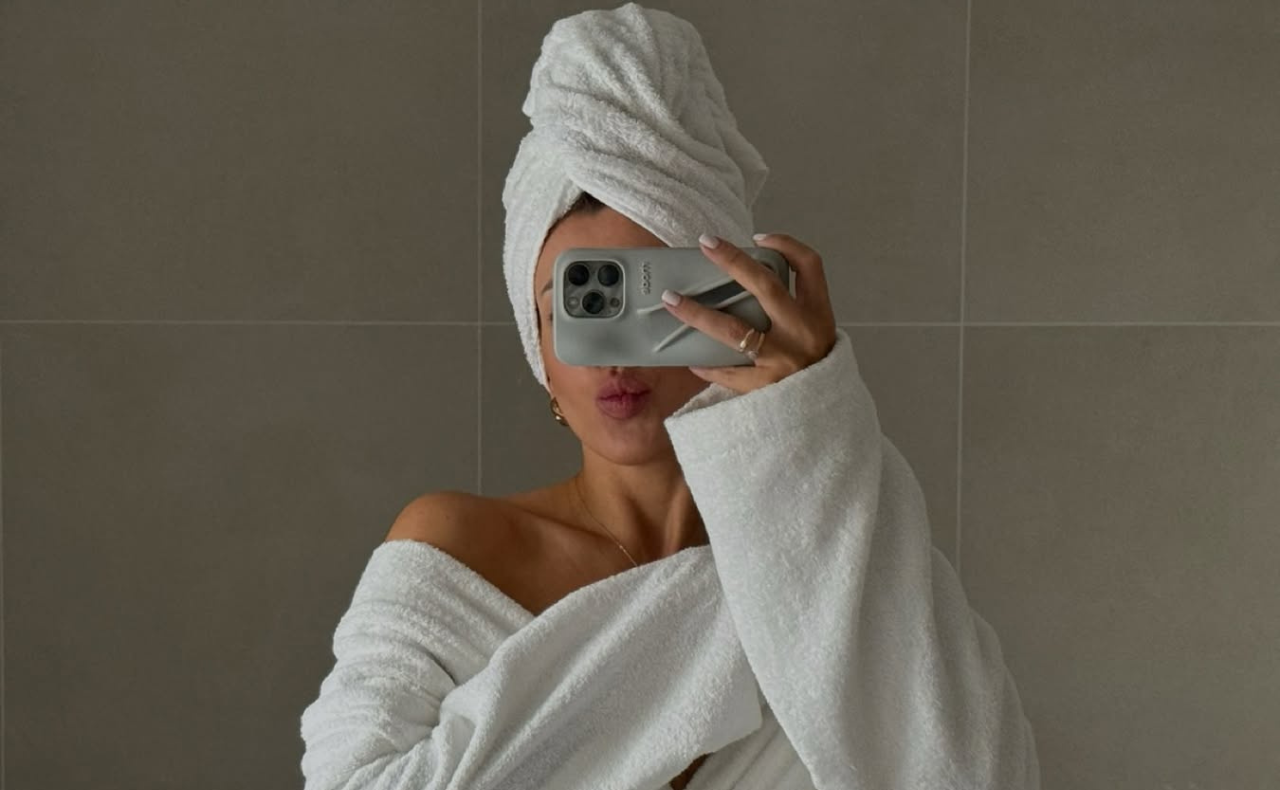Mineral make-up is going through an extended period of 15 minutes of fame. Touted as the Next Big Thing in recent years by dermatologists, celebrities and beautyheaven members alike, it’s moved from a boutique beauty buy to a mainstream must-have, but it seems there’s still confusion surrounding the products and whether it’s the healthy decision to make for your skin.
What is mineral make-up?
Mineral make-up comprises crushed minerals like mica, zinc oxide, titanium dioxide and iron oxides. Its premise is that the formulations are hypoallergenic, non-comedogenic (free from heavy, pore-clogging fillers) and don’t include potential irritants such as fragrance, oil, chemical dyes, silicones, and in some cases talc, making it suitable for even the most sensitive of skins, including acne and rosacea sufferers and post-operative skin. (Mineral make-up is often used after non-invasive procedures such as laser hair removal or microdermabrasion to conceal redness and avoid additional irritation).
What benefits does it have?
Another draw card of mineral make-up is its high content of titanium dioxide and zinc oxide, two natural sunscreens, commonly found in traditional suncreams. (Beautyheaven must stress that you should see the SPF in mineral foundation as an additional boost, not sole protection. It’s still important to wear sunscreen everyday.)
So is all mineral make-up the same?
It may seem so, but there aren’t any regulations of what constitutes a mineral make-up. Any product containing minerals as its primary ingredient can be marked as such, even if it contains other ‘less natural’ ingredients.
So what should I do?
Well it depends on your skin type. Mineral make-up formulas generally fall into two groups: those that refrain from using any form of parabens (best for those with acne, rosacea or sensitive skin) and those that use some form of synthetic fillers, colours, binders and preservatives in their formulas. Additionally, some sources say that there is one ingredient to be aware of if you suffer from severe acne and sensitive skin. It’s bismuth oxycholoride. This is a pearlising agent that is very common in both traditional and some mineral foundations; it’s what gives mineral make-up its silky feel and good adhesive qualities.
According the Material Safety Data Sheet (MSDS) there is a risk of it being a “potential irritant” when it comes in contact with the skin so those with those with severe acne and sensitive skin may want to opt for a bismuth oxycholoride-free foundation like Natural Glamour AIRMIST Airbrush Foundation or Vani-T Krush Minerals Flawless Finish Loose Mineral Foundation SPF15.
Mineral foundations to try:
Almay Pure Blends Mineral Makeup
Bare Escentuals bareMinerals Loose Foundation SPF15
Bloom Pure Mineral Powder Foundation
CoverGirl TruBlend Minerals Pressed Mineral Foundation
ELES Mineral Makeup Mineral Foundation Powder SPF 8
Elizabeth Arden Pure Finish Mineral Powder Foundation SPF 20
Inika Mineral Cosmetics Mineral Foundation
Jane Iredale Liquid Minerals Foundation
Mary Kay Mineral Powder Foundation
Max Factor Natural Minerals Foundation
Maybelline New York Mineral Power Foundation
Musq Mineral Makeup Musqskin Mineral Foundation Powder
Natural Glamour AIRMIST Airbrush Foundation
Physicians Formula Mineral Wear® Talc Free Mineral Foundation
Prestige Cosmetics Skin Loving Minerals Powder Foundation
Revlon ColorStay Mineral Foundation
Sheer Cover® Mineral Foundation Powder
Vani-T Krush Minerals Flawless Finish Loose Mineral Foundation SPF15
Youngblood Mineral Cosmetics Natural Mineral Foundation
See beautyheaven on A Current Affair talking mineral make-up >>








Mineral is ok, one i tried is too thick